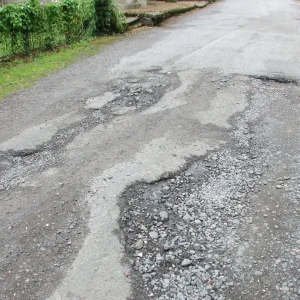Average values for LCV’s fell for the third consecutive month in July, according to BCA’s latest report, as the slower summer season took hold of the market.
The auction company said it is not unusual for some market issues to surface in the holiday period and believes this should be judged as typical seasonality – a factor only seen returning in recent weeks. It added that the effect of the slowing market is exacerbated by the fact that LCV values reached record levels as recently as April this year.
LCV values averaged £4112 across the board in July, a fall of £168 (3.9%) against June’s values, with nearly-new, fleet & lease and part-exchange values all decreasing. The fall is on a par with June, when values decreased by £186 or 4.1%, although the market dynamics have changed over the past few weeks.
As has been the case for a number of months, overall year-on-year values remain higher than those recorded in 2009 – by £546 or 15.3% in July – and average monthly values remain well ahead of the £4000 ‘price barrier’ that was breached for the first time in December 2009.
Average fleet/lease values fell by £79 (1.6%) to £4830, just half the fall seen in the previous month of June (when values decreased by £164 or 3.2%). Values have now fallen for three months in a row, following a run of six consecutive ‘record months’.
Despite falling by £79 last month, average fleet/lease values were nearly £1000 higher than they were in July 2009 and nearly £1200 ahead of the same month two years ago. Values are over £1800 ahead when compared to the bottom of the market in December 2008.
Duncan Ward, BCA’s general manager commercial vehicles said: “We reported that seasonality was having a bigger effect on market dynamics in recent weeks. The summer months are traditionally quiet in terms of wholesale churn and this impacts directly on price.”
Ward added: “While demand is softer than we have seen for some time, we expect September and October values to rally alongside increased levels of business. The long-term prognosis is for an increase in demand as the economic situation hopefully improves.
“The smaller numbers of new vans going ‘on fleet’ over the past 30 months or so means the marketplace may well experience a shortage of certain ages and types of product. This will inevitably lead to rising prices in an improving marketplace.”
Follow BusinessCar on TWITTER





